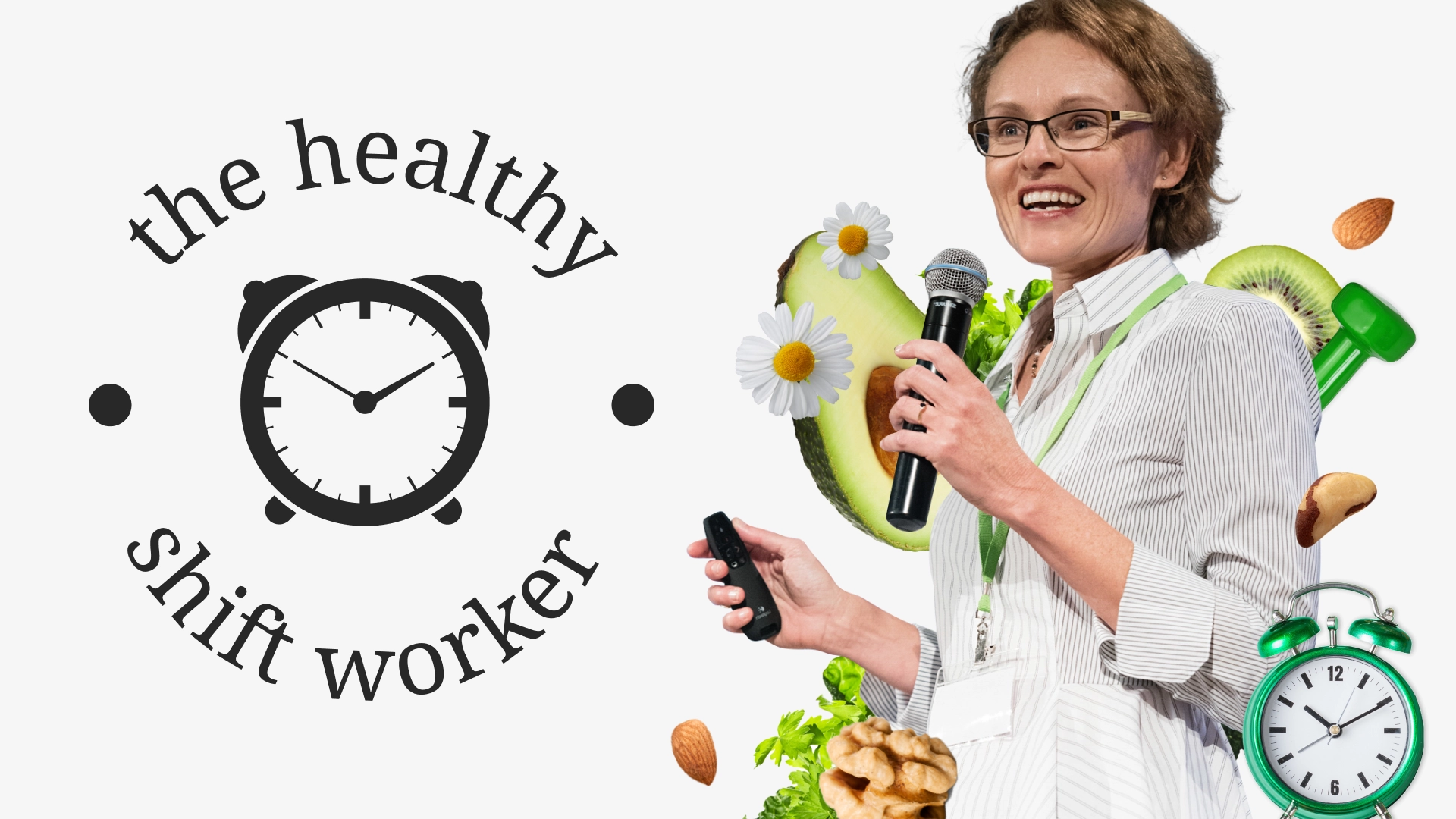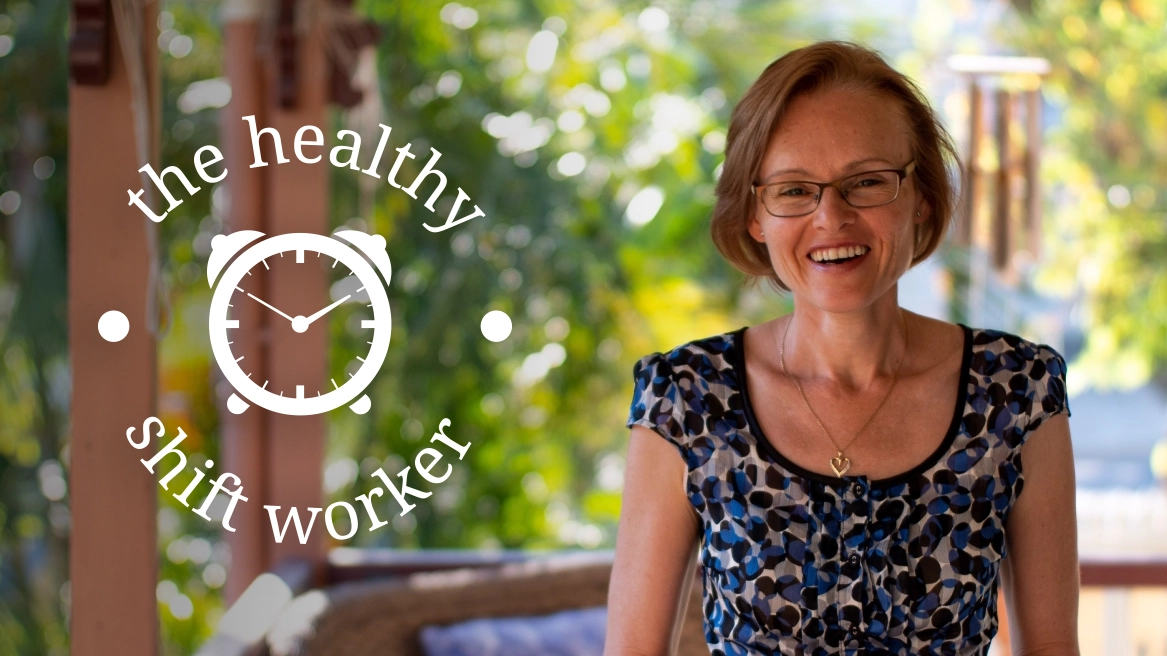Having worked for 3 different shift working organisations spanning two decades (I’m really beginning to show my age here) – one of the things that surprised me most was that despite this huge time-frame, not once did I receive any education or training on how to stay healthy despite working 24/7.
I did however receive plenty of training on systems and product knowledge, combined with customer service training which was kind of important given customer service was a huge part of what I did.
But it still left me perplexed as to why we never got any help or support on how to take care of our health given it forms a huge part of what we do each and every day – and night!
I mean let’s face it, shift work is hands down one of the most challenging occupations on the planet and certainly not for the faint hearted.
It also explains why shift working organisations would have one of the highest incidences when it comes to employee sick leave and reduced productivity, so it makes sense to invest in their staff, and do whatever is humanly possible to keep their staff well.
This is because when we work irregular hours, our bodies are under an enormous amount of stress – and that’s even before we set foot into a stressful workplace.
Quite simply, ongoing disruption to our sleep/wake cycle or circadian rhythms puts our bodies into a state of “biological stress”. Something our non-shift working, “9-5” cousins are usually immune from thanks to regular sleep/wake cycles and nil “tight-turnarounds” or late-earlies, which often leaves shift workers accruing an ever-growing sleep debt that can be incredibly hard to pay back.
This places us at a greater risk for developing a whole host of health conditions such as cardiovascular disease, gastrointestinal complaints, insulin resistance, type 2 diabetes, obesity, mental health conditions, thyroid disorders and a greater susceptibility to developing infections thanks to a gut disrupting immune system – to name a few.
Yet most shift workers are blissfully unaware of this because they’ve never been given the education and awareness on how their body functions and responds to circadian disruption.
Something that I see time and time again, when delivering Healthy Shift Worker Workplace Wellness Workshops within shift working organisations.
Whilst most people have a basic understanding of what they should be eating – very little have an understanding of how their body works, and how it responds to food intake at different times of the day or night. For example, the pancreas secretes less insulin during the night, when many shift workers are not only working, but are eating as well … and not necessarily eating all of the good stuff given sleep deprivation makes us crave the highly processed and refined carbohydrates – AKA those cinnamon donuts at 3am!
However each time we eat carbohydrates, it raises our blood sugar levels triggering the pancreas to release insulin, a hormone that prompts cells to absorb this blood sugar for energy or storage. But knowing that the pancreas secretes less insulin during the night AND sleep deprivation alone has shown to impair the way our body responds to insulin, this makes shift workers very prone to developing a condition called insulin resistance which over time, can lead to pre-diabetes, and eventually type 2 diabetes – a condition prevalent amongst many shift workers today.
However if people are given the education on how their body works – in particular when working against our natural circadian rhythms, it can have an enormous impact in helping to mitigate some of the poor health outcomes many shift workers face today.
For more information on Healthy Shift Worker Online Trainings Modules that can be tailored for your individual shift working organisation, email audra@healthyshiftworker.com or schedule a call using the link below.
Audra x
References:
Greer, S, Goldstein, A & Walker, M 2013, ‘The impact of sleep deprivation on food desire in the human brain’, Nature Communications, vol. 4, no. 2259, pp. 1-19.
Harvard School of Public Health 2017, ‘Carbohydrates and Blood Sugar’.
Rajaratnam, S, Howard, M & Grunstein R 2013, ‘Sleep loss and circadian disruption in shift work: health burden and management’, The Medical Journal of Australia, vol. 199, no. 8, pp. 11-15.



0 Comments